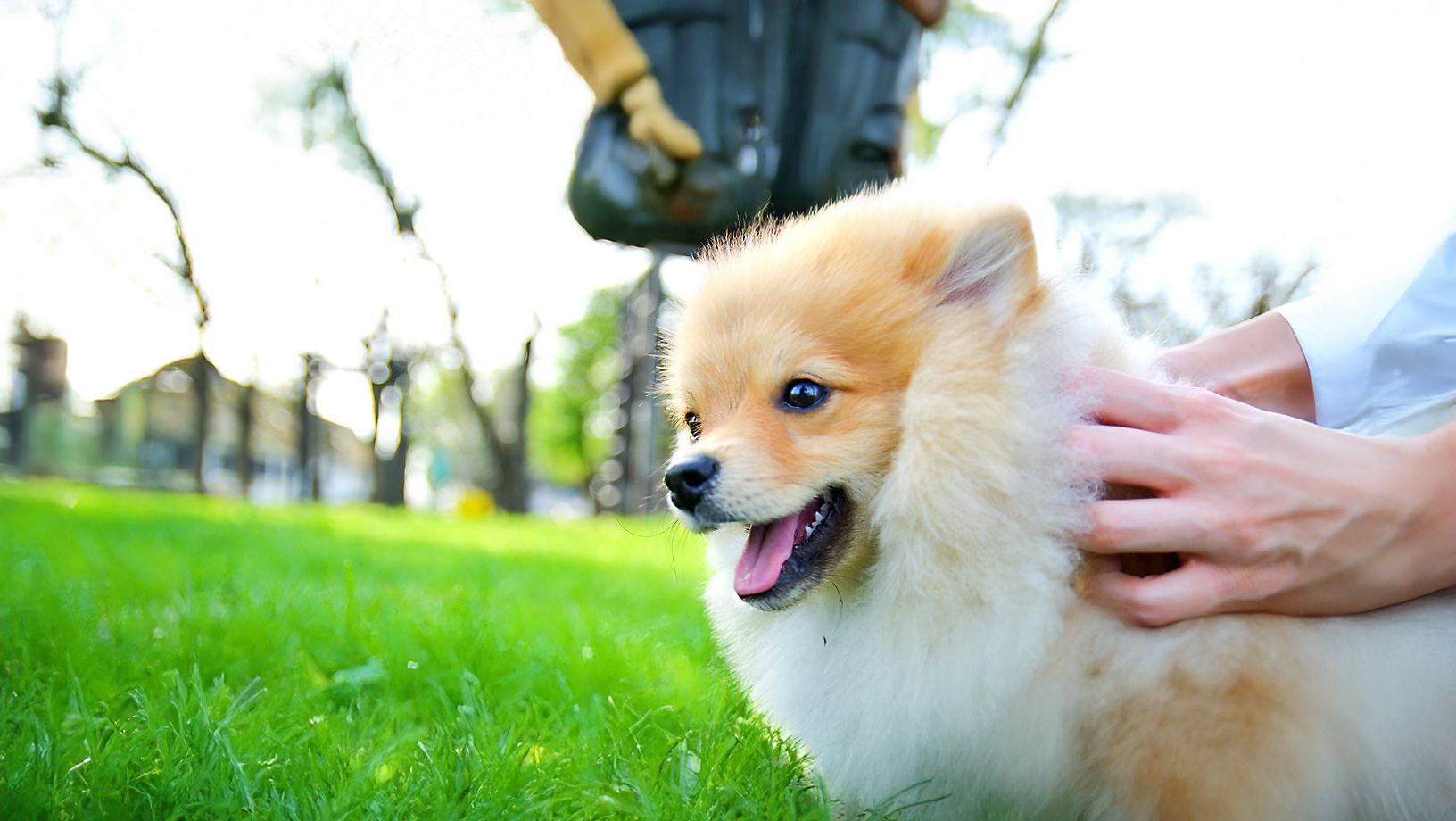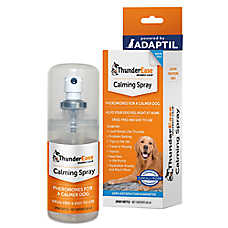Help Your Puppy with Separation Anxiety

In this Article
Puppies need some time to understand that even though you sometimes leave them alone, you will always come back. It’s up to you as a pet parent to help them learn.
“Are you leaving forever?”
If puppies could talk, they would tell you that when you go away, they get worried and lonely. Although they can’t speak, they express their anxiety in ways large and small:
- Barking, whining, howling
- Trembling, panting, drooling
- Chewing, digging, destructive behavior
- Trying to escape the house
- Eating too much or too little
- Chewing or scratching themselves
- Following you around when you’re home
- Potty accidents
- Digestive or bowel problems
Lower your pet’s stress
There are lots of things you can do for your dog to make separation less upsetting:
- Practice leaving dogs alone for a little while when you’re home, so they learn that being alone is not a big deal.
- If your dog starts getting anxious when you do things associated with leaving — like putting your coat on — break the routine by doing those things and not leaving. For instance put on your coat to watch TV, or grab your keys and then go back to doing chores. Eventually your dog should stop associating the objects with being left alone.
- Give your pet less attention than usual for 20 minutes before you go. It sounds strange, but fussing over dogs as you sidle toward the door can actually encourage their anxiety. Do the same when you come home; play it low-key for about 20 minutes after you return.
- Crate train your dog. When used correctly, dogs will consider crates a safe place, so being in there while you’re gone can help them feel calm and protected. Try putting your pet in the crate about half an hour before you leave.
- Leave the radio or TV on at low volume while you’re away.
- If your dog’s separation anxiety persists, talk to your vet.




